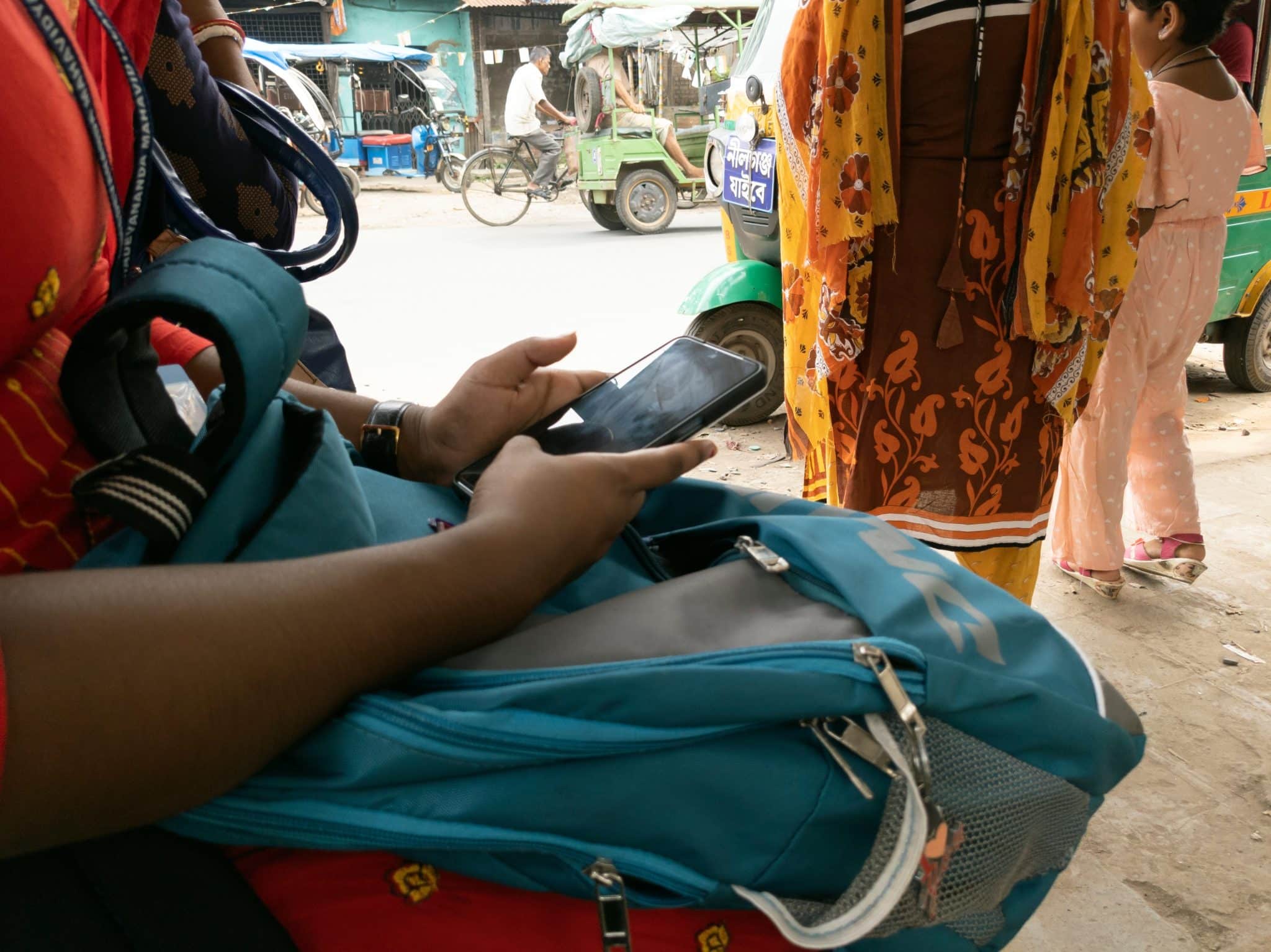Global South Leads in Digital Public Infrastructure, Outpacing Wealthier Nations

In a shift away from traditional models, countries in the Global South are emerging as leaders in the development and implementation of Digital Public Infrastructure (DPI), according to a new analysis by The Atlantic Council. Unlike their counterparts in the Global North, which often rely on outdated legacy systems, these nations are adopting innovative, indigenous technologies to leapfrog development stages.
The Atlantic Council's report highlights several success stories from low and middle-income countries, showcasing how these regions are not just catching up but setting new standards in DPI. The models reviewed include:
India Stack: Noted for its extensive rollout and significant achievements in legal identity and financial inclusion, India's model features a foundational ID system linked with applications that enhance connectivity and resource accessibility.
Brazil's Pix: Launched by the Central Bank of Brazil in 2020, Pix has transformed digital payments with over 3 billion transactions monthly by the end of 2022, significantly reducing costs and enhancing efficiency.
Estonia's X-Road: This infrastructure supports Estonia's digital government, allowing citizens to vote from home and fostering a robust system without a single point of failure due to its peer-to-peer architecture.
These examples illustrate a trend where countries in Africa, Asia, and Latin America are leveraging new technologies like AI and open standards to build more interoperable, inclusive, and privacy-conscious systems. The recent Global DPI Summit, as reported by DPI.Africa.com, echoed this sentiment, with Africa's potential to bypass traditional development paths through DPI being a central theme.
The summit, which saw participation from over 100 countries, ended with a call from Co-Develop CEO C.V. Madhuker for each attending nation to introduce a DPI solution by the next meeting in 2025.
The Atlantic Council emphasizes that Global South countries are rethinking public-private sector dynamics, regulations, market roles, trust in institutions, and the inclusivity of digital services. The council convened various expert groups to delve into DPI, offering policy recommendations alongside papers on cybersecurity and financial inclusion.
Key takeaways from the event, as outlined by GovInsider, include DPI's role in solving both national and international issues, the necessity for open and interoperable protocols, and the benefits to regional integration. However, defining DPI remains fluid, posing documentation challenges.
Bisoye Coker-Odusote, DG of Nigeria’s National Identity Management Commission, stressed the importance of involving both local and international private sector partners to keep up with rapid technological advancements. Similarly, Sabine Mensah from the Afrikanenda Foundation highlighted the critical role of open-source technologies in maintaining digital sovereignty and data control.
The Atlantic Council’s brief concludes with recommendations for fostering environments that encourage competition and collaboration through public-private partnerships, rigorous assessments of digital readiness, and a user-centered design approach in DPI development. Sharing insights and experiences across borders is also deemed essential for the ongoing evolution and success of DPI initiatives globally.
